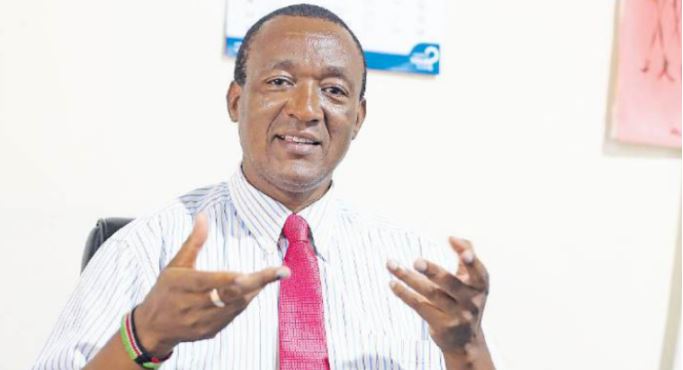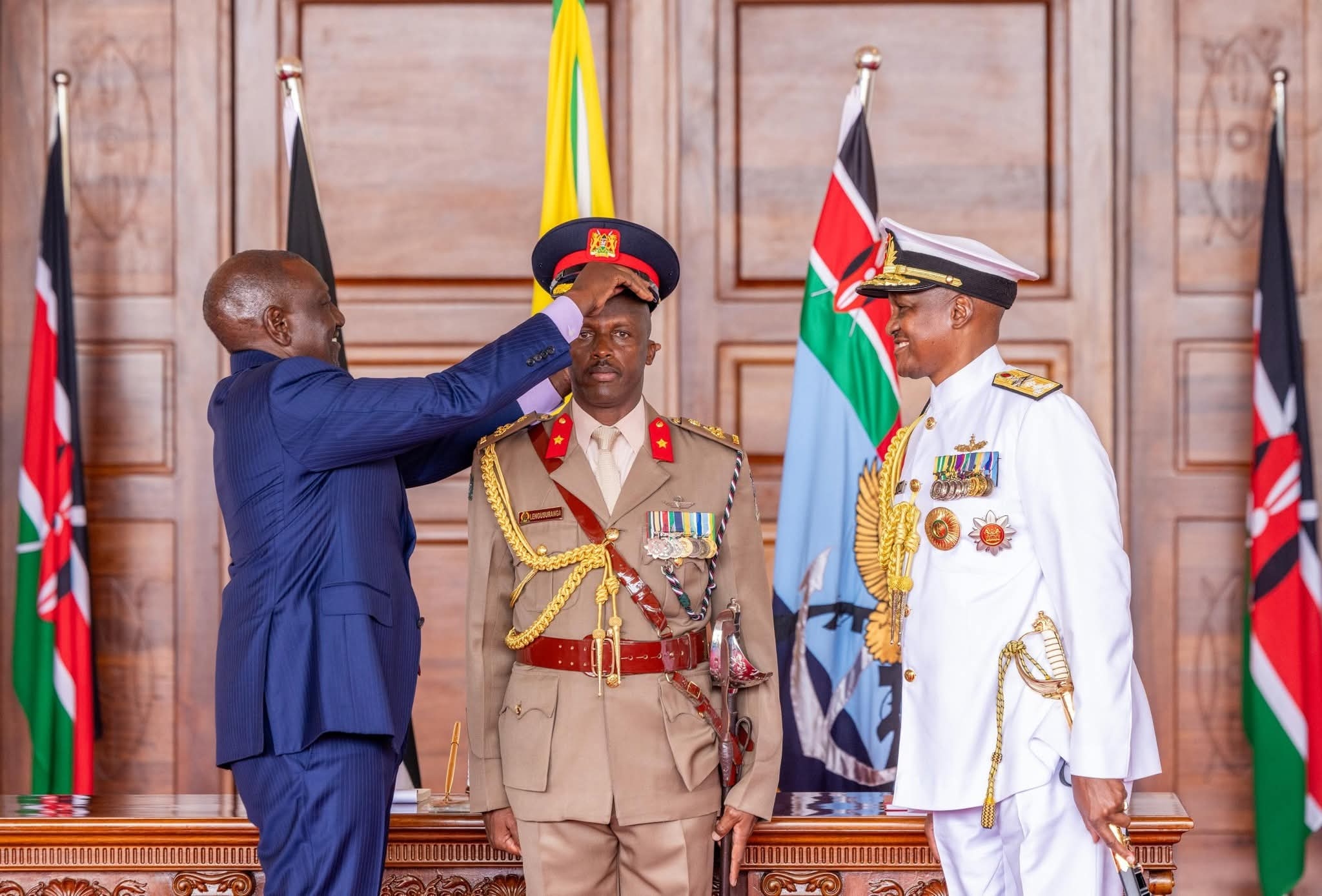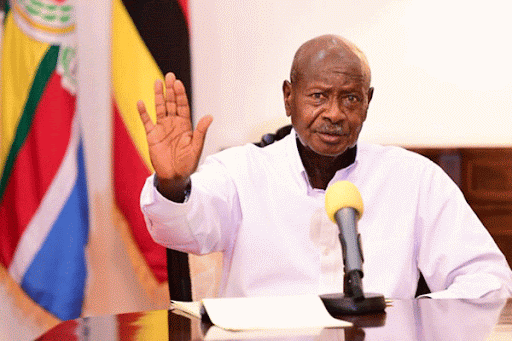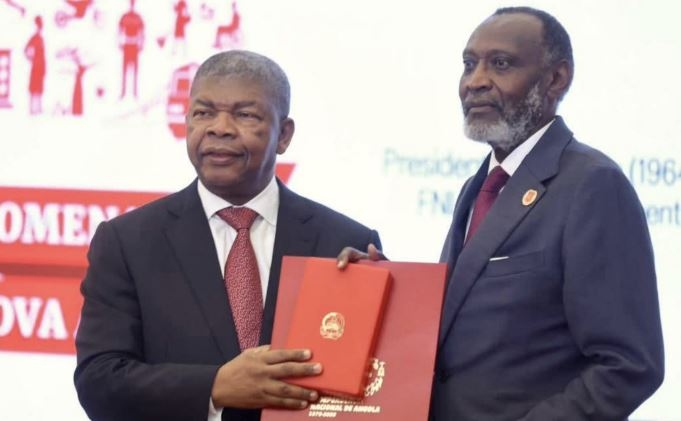

Kenya Wildlife Service needs enough funding to manage the parks, water towers, address human-wildlife conflict among other operational costs, that is no doubt.
However, the government must also appreciate that players in the tourism and travel industry sell destinations in advance, what we call forward booking and most enter contracts that cannot be changed overnight.
International tourists do long-term planning and most pay in advance. Some have already booked for holidays in 2026.
While industry players have indicated they have no problem with adjustments on park fees, which has equally taken long having last revised 18 years ago, the manner in which the implementation is being rushed is not healthy for the sector.
Public participation and input of industry players, who are the engine of the sector, is key. The industry had suggested that the new park fees come into place in January 2026, which the government had agreed.
However, it rushed to publish a gazette notice in September which caught the industry unaware. Implementation was also on short notice, which was set for October 1.
This has also come with complication of payment systems and additional costs. The government’s work is to ensure businesses can trade conveniently without hidden costs or hidden charges.
Its impact is wide as the country’s tourism sector is interconnected. From Safari products to hotels, tour companies and other related services.
Getting things wrong means the entire value chain will be affected. The government hence ought to listen to travel agents, tour operators and the wider industry players.
As a country, we must ensure we don’t outprice ourselves from the market. This industry is a key contributor to foreign exchange earnings, jobs and general economic growth.
Safari and tourism sector is one of the greatest economic assets the country has and it is globally recognised for its breathtaking landscapes, iconic wildlife and vibrant cultures.
With that said, we must ensure we sustain and expand this competitive advantage.
While we continue to innovate and diversify products, we must remember that the world is watching including competitors in Africa who are offering similar products.
Last year we had a record 2.4 million arrivals with Sh452.2 billion in earnings. We cannot lose this momentum. The country targets to hit at least five million international arrivals by 2027 which according to the Tourism Research Institute, it will translate to earnings of about Sh800 billion.
Both the government and private sector must work closely to ensure policy predictability, a sound business environment, smooth implementation of regulations and marketing the country if we are to achieve these targets.
We must do things differently if we are to realise the plans under the Kenya National Tourism Strategy 2025-2030.
The writer is a seasoned tourism sector expert and currently Mombasa Continental Resort general manager
















